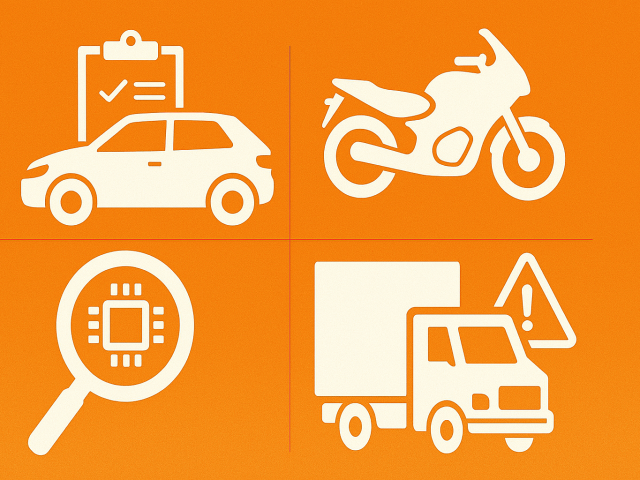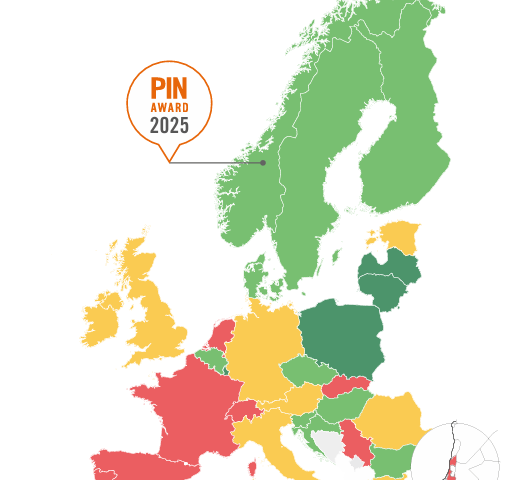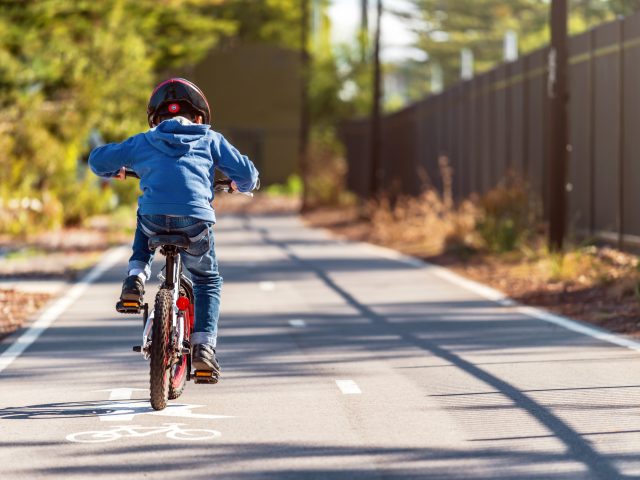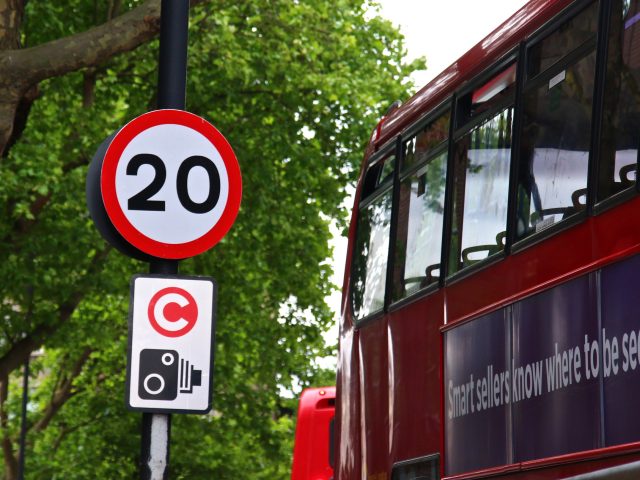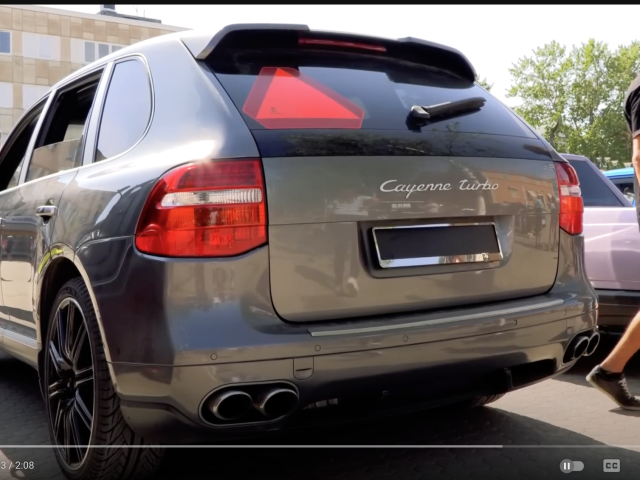Alcohol interlocks and drink driving rehabilitation in the EU – Guidelines for Member States
Across Europe there is still a group of hard core drink driving offenders that seem unwilling or unable to change their behaviour despite the use of traditional countermeasures such as awareness campaigns, fines and driving bans. For this group, the introduction of an alcohol interlock programme seems to be an effective measure.
Studies have repeatedly shown that alcohol interlock programmes, combined with rehabilitation programmes, cut reoffending rates both during and after the driver has been required to install the device in their vehicle. This document offers practical guidelines to national authorities that want to implement an alcohol interlock programme for alcohol offenders in their country. The guidelines are based on our analysis of existing alcohol interlock programmes in use across the region. We have combined the most successful elements of the systems implemented to highlight an effective set of principles that can be applied, while avoiding some of the pitfalls experienced by early-adopter countries.
The report consists of three parts. The first provides an overview of the background to the drink driving problem and some traditional countermeasures. The second part profiles alcohol interlock offender programmes from five European countries. The third and final part presents some main practical guidelines for national authorities that are considering an alcohol interlock programme.
Download